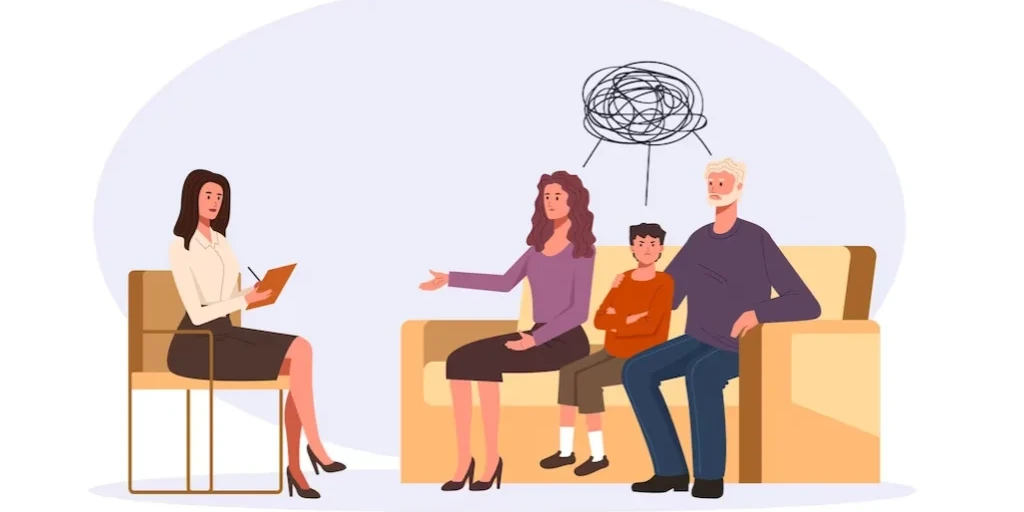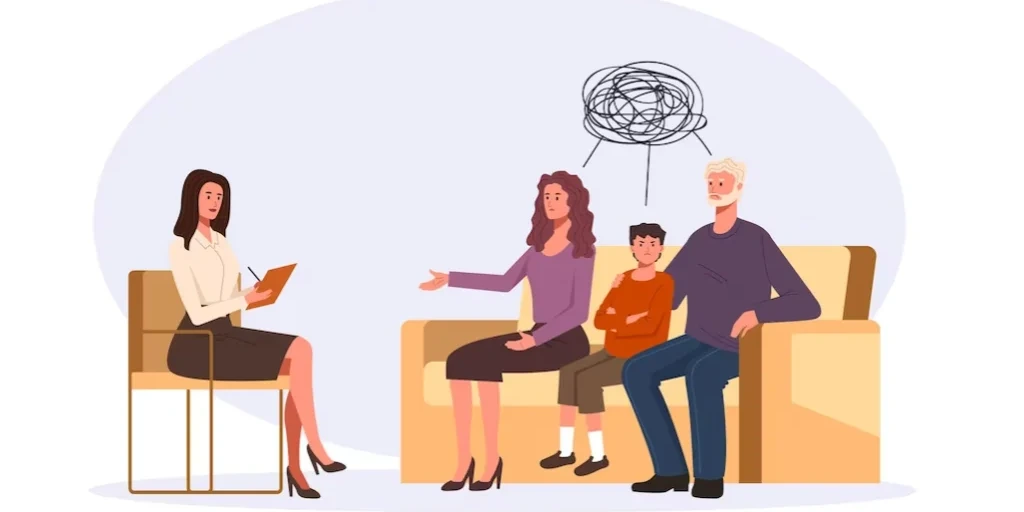24/7 Helpline:
(866) 899-221924/7 Helpline:
(866) 899-2219
Learn more about Medication-assisted Treatment centers in Media
Medication-assisted Treatment in Other Cities

Other Insurance Options

Horizon Healthcare Service

BHS | Behavioral Health Systems

UnitedHealth Group

CareFirst

Oxford

AllWell

BlueShield

BlueCross

MVP Healthcare

Ambetter

Group Health Incorporated

Cigna

EmblemHealth

United Health Care

Meritain

MHNNet Behavioral Health

Regence

Carleon

State Farm

Highmark

Focus Psychological Associates
Focus Psychological Associates offers outpatient treatment for individuals with alcohol and/or subst...

Family and Community Services
Family and Community Services is a private rehab located in Media, Pennsylvania. Family and Communit...

Providence Treatment
Providence Treatment offers outpatient and inpatient treatment for individuals with alcohol and/or s...
























County Seat Behavioral Health
County Seat Behavioral Health is a private rehab located in Media, PA. County Seat Behavioral Health...

Rehab After Work
Rehab After Work is a licensed intensive outpatient drug and alcohol treatment program which has bee...

Chimes – Holcomb Behavioral Health Systems
Chimes - Holcomb Behavioral Health Systems provides services for children and adults who may be deal...








